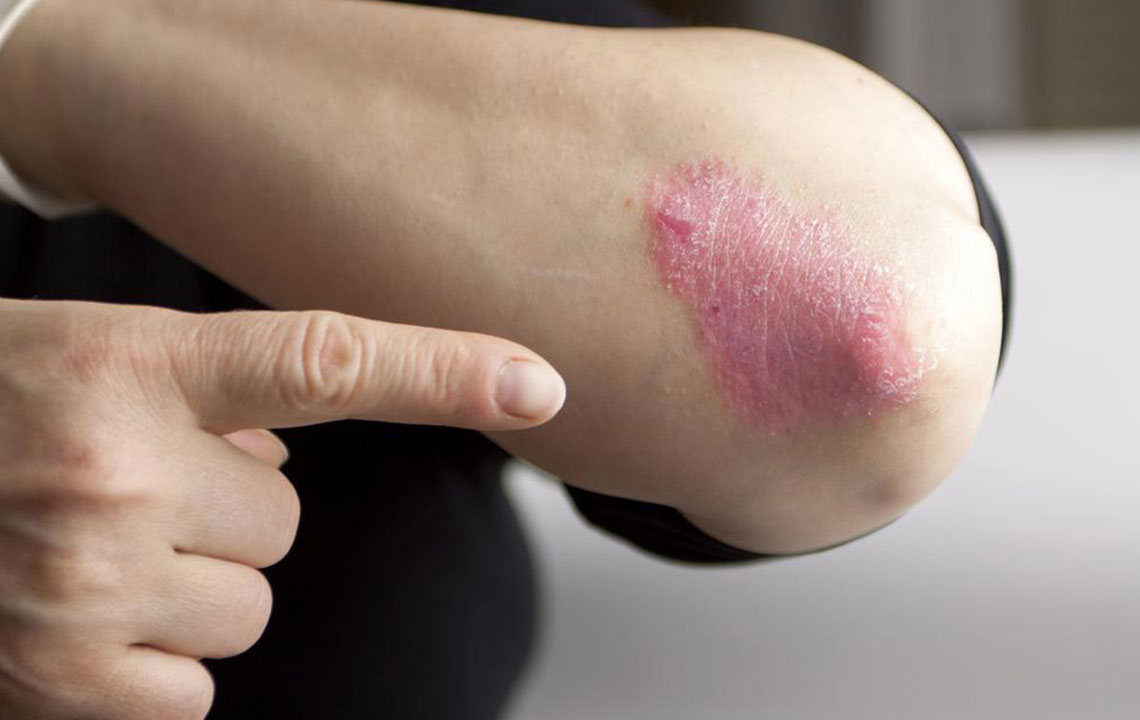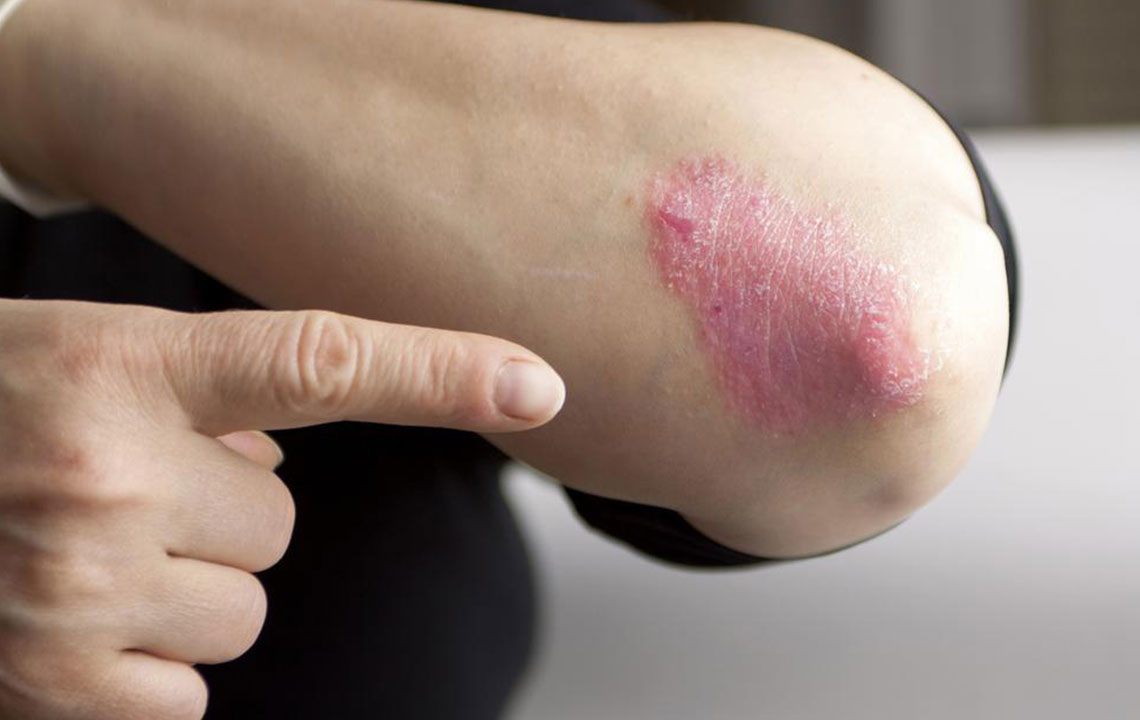Key Insights for Managing Life with Psoriasis
This article offers essential insights into managing psoriasis, including causes, types, diagnosis, triggers, and dietary recommendations. It aims to help patients better understand their condition and improve their quality of life through informed choices and proper treatment strategies.

Vital Information for Living with Psoriasis
Vital insights for managing psoriasis
Despite healthy eating and regular exercise, some health issues can still impact us significantly. One such condition is psoriasis, a chronic skin disorder affecting millions nationally. Individuals with psoriasis face challenges in controlling their symptoms and overcoming societal stigmas.
Psoriasis can affect people of all ages and may worsen without proper treatment. It’s important to note that while psoriasis cannot be fully cured, it can be managed with topical treatments and medications prescribed by healthcare providers. Continue reading to learn how to cope with this condition effectively.
What causes psoriasis flare-ups?
Psoriasis is an autoimmune disease causing rapid skin cell buildup, resulting in scales that often appear on the hands, feet, neck, face, and scalp.
Flare-ups involve inflammation, redness, and the development of whitish-silver scales forming thick, red patches.
Triggers like stress, injuries, alcohol, infections, and certain medications (e.g., lithium, blood pressure meds) can provoke outbreaks. Contact with these factors may lead to sudden symptom exacerbation.
Types of psoriasis
Plaque psoriasis: The most common form affecting about 80% of sufferers. It causes red, inflamed patches on various skin areas.
Guttate psoriasis: Common in children, characterized by small pink spots mainly on arms, legs, and torso.
Pustular psoriasis: Predominant in adults, marked by white, pus-filled blisters covering larger skin regions with inflammation.
Inverse psoriasis: Affects body folds like underarms, groin, and around genitals, resulting in shiny, red, inflamed skin.
Erythrodermic psoriasis: A severe, rare type causing widespread redness and scaling, potentially life-threatening. The skin may peel in large sections.
Diagnosing psoriasis
Physical exam: Doctors identify psoriasis visually, examining symptoms and affected areas. Family history can aid diagnosis due to genetic links.
Biopsy: A small skin sample is taken and lab-tested to rule out other conditions or infections.
Diet tips for psoriasis patients
Limit saturated fats from meats and dairy; incorporate omega-3 rich lean proteins.
Losing weight can lessen symptoms and enhance treatment efficiency for overweight individuals.
Avoid trigger foods like red meats, processed foods, sugar, and dairy.
Steer clear of alcohol, which can worsen flare-ups.
Eating vitamin-rich foods and supplements can support skin health.
Tags - Psoriasis management, skin health, autoimmune skin conditions










